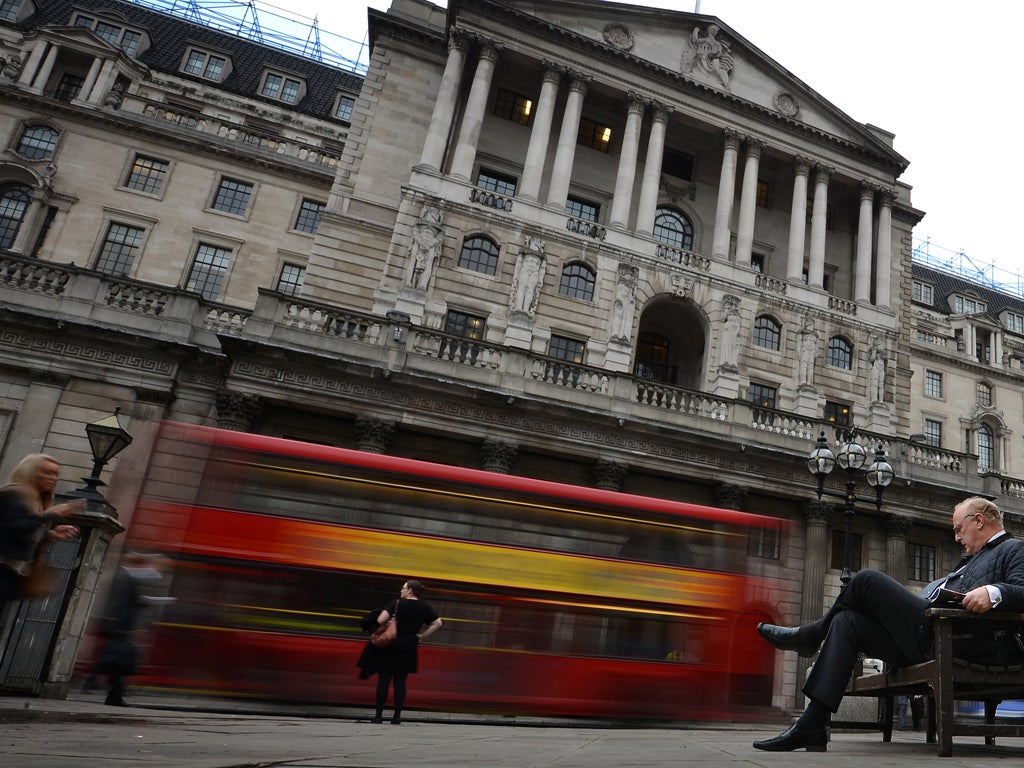Bank of England holds rates – and says inflation could be lower than expected
The trade-weighted value of sterling has increased by 6 per cent since the Bank’s 3 November Inflation Report forecasts

The Bank of England has, as expected, kept interest rates on hold at 0.25 per cent – but the minutes of the Monetary Policy Committee’s latest meeting also state that the recent strengthening of sterling is likely to help contain inflation.
The trade-weighted value of sterling has increased by 6 per cent since the Bank’s 3 November Inflation Report, in which it forecast that inflation will rise above 2 per cent in 2017.
“All else equal, this would result in a slightly lower path for inflation than envisaged in the November Inflation Report, though it is still likely to overshoot the target later in 2017 and through 2018,” the Bank said.
The MPC minutes, however, stressed it was “too early to tell whether the pass-through from imported costs to final retail prices would evolve as expected” and said the picture might become clearer over the next few months.
The nine person MPC voted unanimously to keep rates on hold, having cut them in August in the wake of the Brexit vote.
It also voted unaimously to proceed with its latest money printing programme.
In November the Bank projected consumer price inflation rising to around 2.75 per cent in 2018, due to the slump in the pound, before falling back to 2.5 per cent in 2019.
The MPC re-iterated its latest guidance that rates could next move “in either direction” according to developments in the economy.
In August it had suggested that it was likely to push rates lower again, but this was cancelled after the economy performed better than expected in the third quarter of the year in the wake of the Brexit vote.
The MPC still plans to allow inflation to overshoot its 2 per cent target for longer than its usual 18-24 months in order to support employment and growth.
Economists are divided about what will happen to rates.
“In my view the balance of probability still favours another small rate reduction next year,” said Ian Kernohan of Royal London Asset Management.
But Kallum Pickering of Berenberg said the next move was more likely to be up.
“If growth continues to beat expectations, and with inflation expectations for the year ahead rising to 2.8 per cent according to the [Bank's] own survey, the MPC could shift from its current neutral stance to a more hawkish stance. There is a notable chance the [Bank] begins a tightening cycle in 2017 or 2018 if the economy outperforms expectations,” he said.
Join our commenting forum
Join thought-provoking conversations, follow other Independent readers and see their replies
Comments